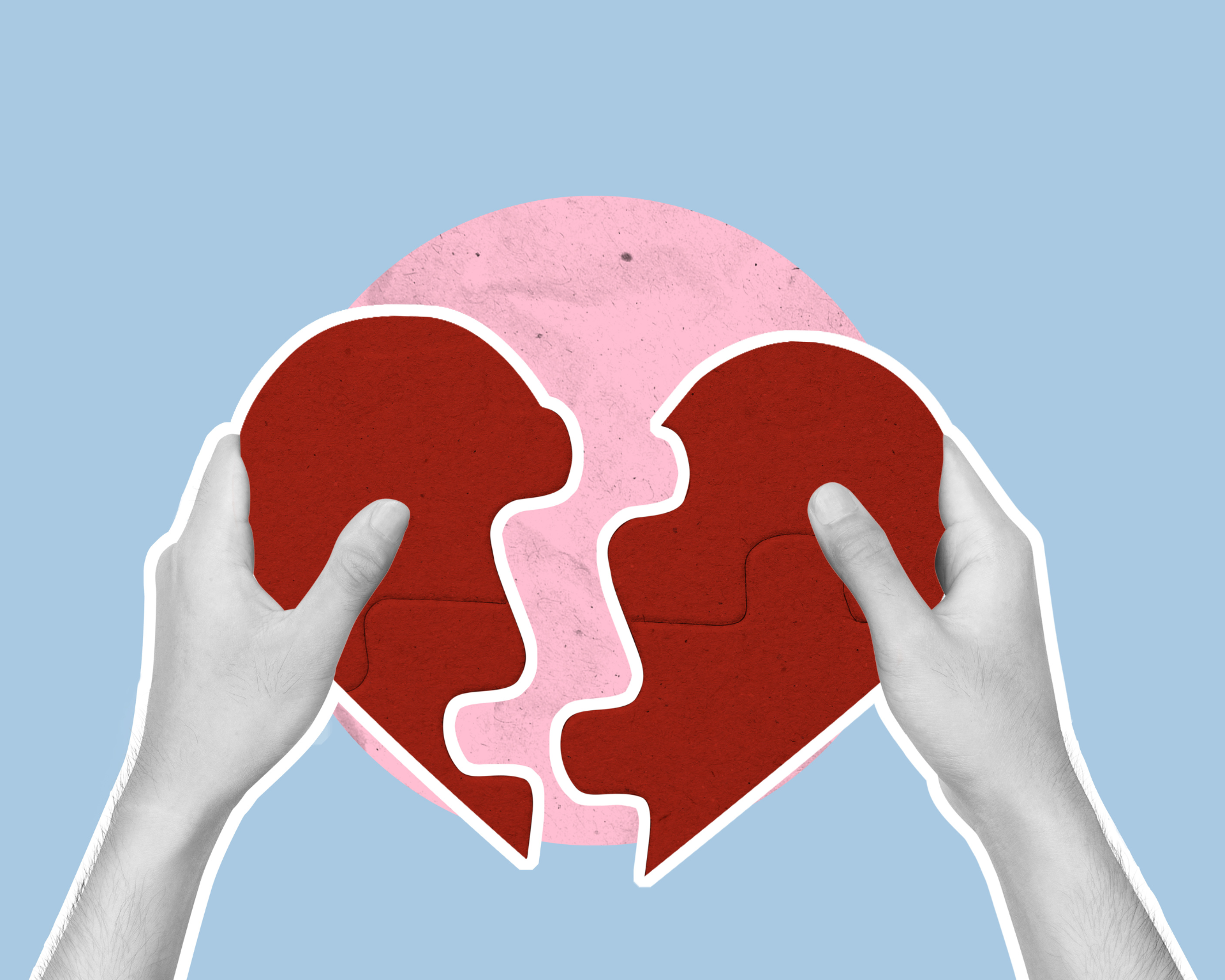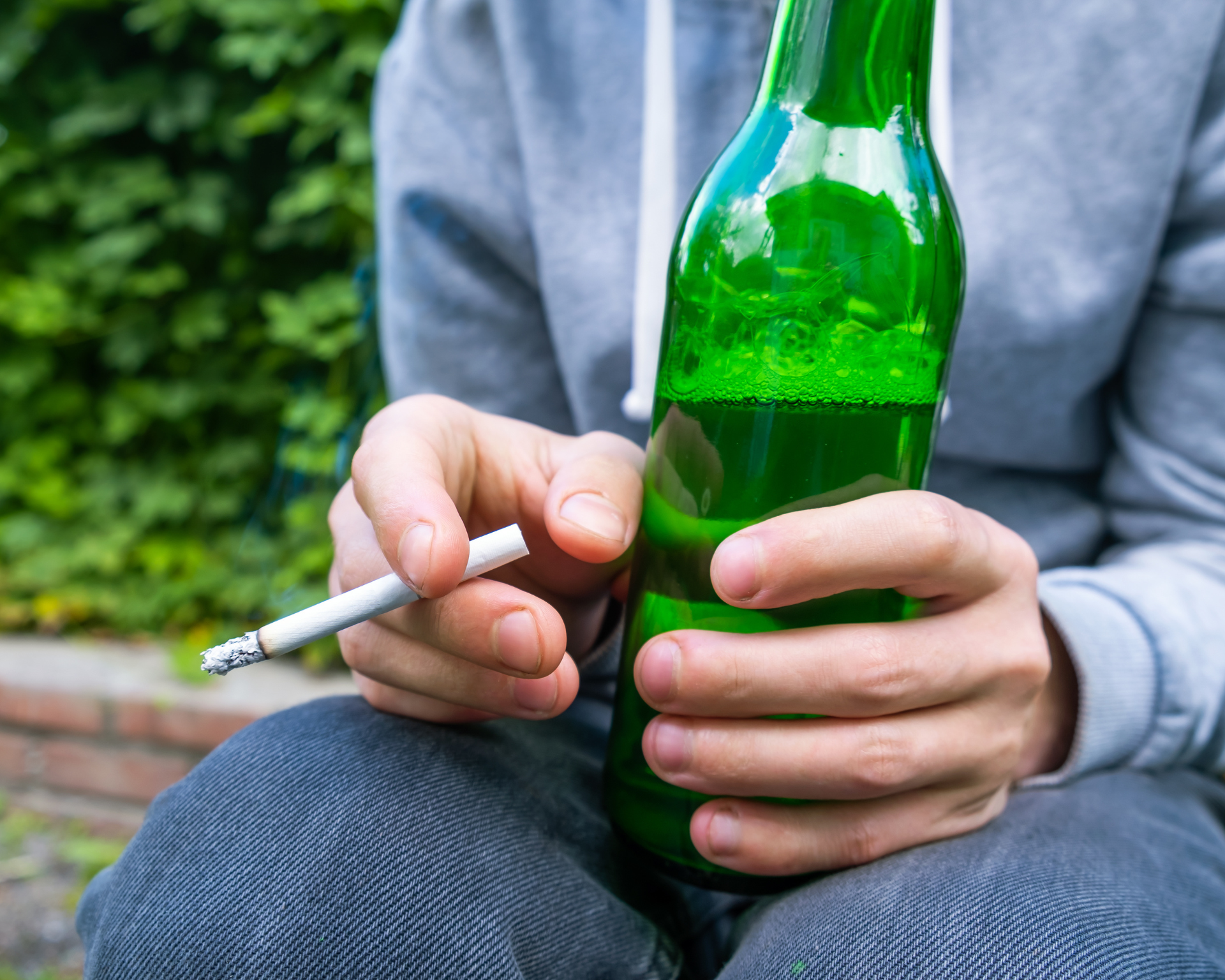Sip Happens: The Social Normalization of Wine Moms
Wine mom culture—the phenomenon of using wine as a coping mechanism—is widely accepted and is fostering concerning habits among some women.

Read Time: 3 minutes
Published:
Don’t shame mothers for needing a glass (or two or three…) of wine to cope with the challenges of caring for family members, carrying on careers, or both. Moms do a lot. They deserve a way to unwind and create community with other mothers. The phenomenon of using wine as a coping mechanism is widely accepted and is most often referred to as wine mom culture.
Wine mom culture is largely fueled by memes and sayings that litter social media, magnets in kitschy gift shops, and home decor signs. Phrases like “Raising a teenager: The reason God made wine” or “Oops!!! Did I buy wine instead of milk again?” reinforce a lighthearted yet widespread narrative. Such messages create a sense of solidarity among parents by acknowledging shared challenges. However, the normalization of using alcohol to cope with stress blurs the line between humor and unhealthy habits.
A study led by Emily Lorenz and Elizabeth Behm-Morawitz evaluated mothers’ beliefs about drinking as a coping mechanism after viewing social media posts. Women were presented with posts featuring imagery and messages about alcohol, sobriety, or nature (as a non-substance-related image) in the context of motherhood.
The researchers found that women who viewed alcohol-related content and had prior exposure to similar posts were more likely to approve of wine-mom-associated drinking behavior. Increased exposure to wine mom content on social media appears to normalize and contribute to rising expectations for women to drink alcohol.
As alcohol consumption increases and wine mom culture normalizes drinking, problematic alcohol use is a growing public health concern.
This conclusion drawn by Lorenz and Behm-Morawitz is supported by the rising trend of alcohol consumption among women in their 30s and 40s and corresponds with the years that women are most likely to have and raise children. Additionally, the increase is closing the historic gender gap in alcohol consumption.
Further research by Erin M. Hill and Madeline E. Mazurek explored the potential connection between social factors and participation in wine mom culture. Their findings showed that 28% of mothers engaged in hazardous or harmful drinking behaviors, with those identifying with wine mom culture being more likely to drink more dangerously. Higher reported stress levels and body dissatisfaction further increased the likelihood of exhibiting risky alcohol use. The findings illustrate how the complex interplay between individual experiences and social influence may shape women’s alcohol consumption.
Women who engage in hazardous or harmful drinking behaviors (also known as problematic alcohol use) face a greater risk of conditions such as liver damage, heart disease, and breast cancer. As alcohol consumption increases and wine mom culture normalizes drinking, problematic alcohol use is a growing public health concern.
Some moms are taking action into their own hands. They are creating groups for women – many who may be drinking problematically – to find the community they desire without alcohol. Mom clubs, such as Sober in the Suburbs, She Recovers, The Luckiest Club, and Sober Mom Squad, offer women alcohol-free spaces to connect and empower one another through workouts, dinners, and virtual meet-ups. Allowing women to engage in healthier coping mechanisms and lifestyle choices benefits themselves and their families.



